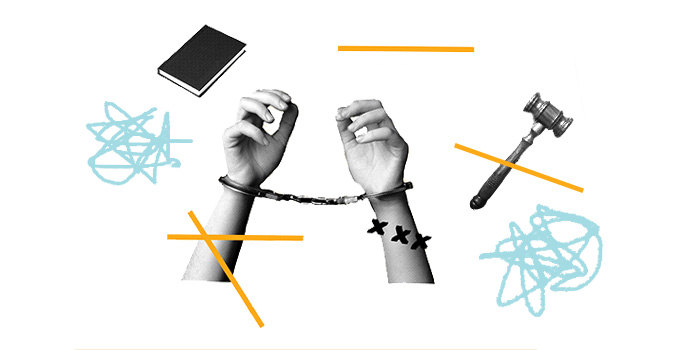At age 16, Ellana Watson, whose mother battled mental illness, was mourning the death of the grandmother who raised her when a school fight led to an expulsion, arrest and charges of assaulting a police officer. Today, Watson is working, completing community college and volunteers in her spare time. She said Youth Advocate Programs (YAP), Inc., presented to her as an alternative to youth prison, helped her turn her life around.
Watson’s story is one of many that inspired program practitioners to combine their empirical knowledge with independent research to pen an article, “Increasing Resilience in Youth and Families: YAP’s Wraparound Advocate Service Model,” published in Child & Youth Services, a peer-reviewed journal. Authors Dorienne J. Silva, M.S.W.; Caroline M. Petrilla, J.D., M.A.; Diana Matteson, M.A.; Séamus Mannion, M.A.; and Stacy L. Huggins, M.S., provided a blueprint of the design, implementation, research base, and future global application of the YAP Wraparound Advocate Service Model. The publication of the article comes as more systems are embracing reform and looking to replace youth prisons and congregate care facilities with evidence-based, cost-effective alternatives.
Approaching its 45th anniversary in 2020, YAP currently serves as an alternative to out-of-home placement for 20,000 youth involved in justice and child welfare systems in more than 100 communities in 28 states and the District of Columbia. The nonprofit has also adapted its model to support youth and families in Ireland, Sweden, Australia, Sierra Leone and Guatemala. Over the decades, the YAP Wraparound Advocate Service Model has evolved to include specializations to address violence prevention, gang intervention, work readiness, young adult re-entry, substance use, and needs of LGBTQ young people, commercially sexually exploited youth, and most recently, First Nation youth in Australia.
Fuente: http://www.yapinc.org/Media/ArticleID/431/Increasing-Resilience-Article

